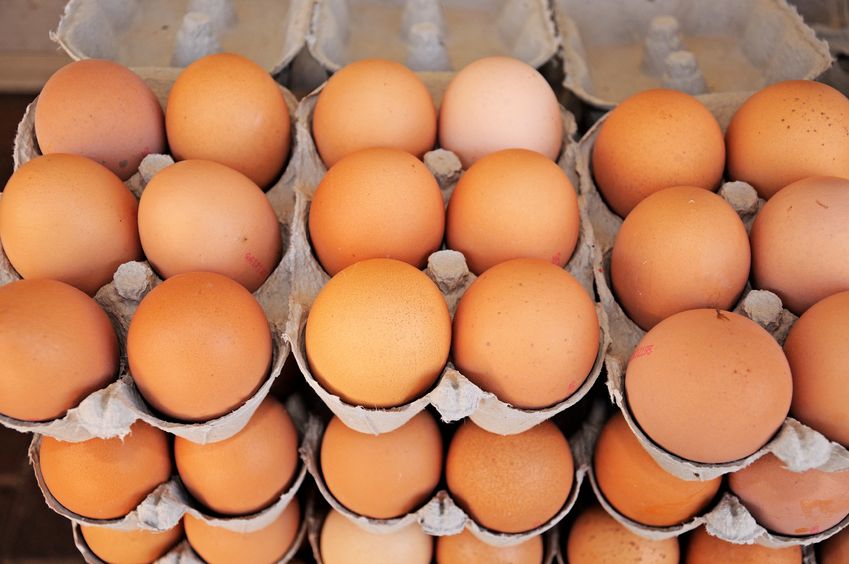
New government figures show that supplies of barn eggs surged by more than a third last year as major retailers get closer to their cage-free commitment.
Defra has now released packing station statistics for the full 12-month period in 2019.
They show that the number of barn eggs passing through UK packing stations increased by 36.28 per cent compared with the previous year.
Packers reported 601,000 cases of barn eggs over the full year compared with 441,000 cases the previous year - an increase of 160,000 cases.
Although the figures remain relatively low compared with the number of eggs produced in free range and cage units, the large increase indicates that the industry is now gearing up to meet the demands of major retailers who have said they will stop sourcing eggs from all cage units in five years.
All major retailers in the UK and some leading food manufacturers have committed to moving away from using cage eggs by 2025 at the latest, following pressure from animal welfare campaigners.
Many retailers are expected to adopt barn eggs as the value egg replacement for enriched cage.
In the barn system hens are able to move freely around the house. The EU Welfare of Laying Hens Directive stipulates a maximum stocking density of 9 hens per square metre of useable area.
Tesco has announced that it will be sourcing barn eggs.
The retailer's agricultural manager John Kirkpatrick told delegates at the British Free Range Egg Producers' (BFREPA) conference in October that up to a quarter of its customers were people struggling for disposable income, who needed a low cost option.
Tesco had a responsibility to provide them with such an option: “We have a hard core of between 20 and 25 per cent of our consumers who are coming through the door day in and day out demanding price,” he said.
“For those consumers price is really important. That bottom 20 per cent of customers in £12,000 income a year households.
“That customer has really stark choices to make whenever they do their food shop. And we, as a responsible retailer, need to be able to deliver that product at an affordable price.”
He said: “There will always be a demand for entry tier. I think that's really important as we move forward. From a Tesco perspective, we have nailed our colours to the mast; that will be barn production.”
Barn production now accounts for just under two per cent of total egg supplies in the UK - still a small, although fast growing, section of the market.
Barn supplies were also up in the final quarter of 2019 - from 141,00 to 158,000 cases.
The total number of eggs from all production systems was 31.66 million cases in 2019 - an increase of 690,000 cases, or 2.23 per cent on the 30.94 million cases packed in 2018.
